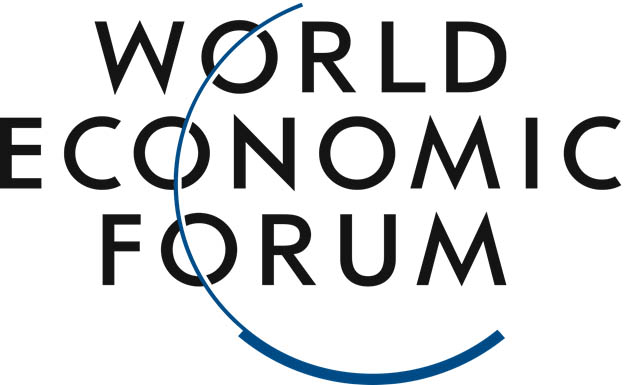Governments in Latin America and the Caribbean are likely to have their hands filled promoting job creation, maintaining social expenditures and transfers and investing in education even as average growth for the region slows to 1.3% this year, according to a report emanating from a recently meeting of the World Economic Forum. (WEF). And with the economies of the region having still not gotten past the debilitating effects of COVID-19, the WEF is recommending that the region’s key policy priorities focus on reactivating job markets, curbing the rising cost of living, improving tax collection and sheltering vulnerable groups. “2023 is going to be a very challenging year for countries in Latin America and the Caribbean. It will mark the end of a decade in which the region’s annual growth rate has averaged only 0.9%, an even worse performance than during the ‘lost decade’ of the 1980s. This is not just one bad business cycle; it is a structural trap of low growth, high inequality, weak institutions and poor governance,” the WEF asserts.
The news could hardly have come at a worse time for a region which, having yet to recover from the debilitating effects of COVID 19, had had to turn its attention to an agenda that includes, particularly, demanding food security challenges. The Caribbean, particularly, has embarked on various initiatives aimed at mitigating it’s particularly challenges. These include the Caribbean (CARICOM-backed establishment of a regional Food Security Terminal) as well as a collective regional undertaking to cut the amount of food imported from outside the region by 25% by 2025. Even given these ambitious undertakings, the WEF says that the region will still be challenged to meet its growth targets. “A decade of low growth means that the countries of the region have accumulated an even heavier backlog of challenges than they faced before the decade began. Not only have the poor and vulnerable suffered but also the middle classes,” the WEF says. Ominously, the WEF also points to what it says is the anger of the people of the hemisphere whom it says, “demand and expect that recently elected governments deliver on their campaign promises – and do so quickly. People want to see results reflected in their daily lives. Impatience runs high, trust in institutions runs low,” the WEF pronouncement adds.
While much of the burden of economic crisis and poverty revolves around countries in the hemisphere, not least the Caribbean Community member country, Haiti, the island territories of the region have had to face unprecedented challenges, most of these having to do with food security shortcomings. Unsurprisingly, the WEF’s concerns appear to target mostly Latin America. The key to boosting economic recovery in Latin America including the challenge of “how to ensure food security for Latin America — now and in the future.” In assessing the “outlook for Latin American and Caribbean economies in 2023 the United Nations Economic Commission for Latin America and the Caribbean (ECLAC) estimates that the average rate of economic growth in those countries this year will be a decidedly modest 1.3%. By sub-region, this breaks down to 1% in South America, 3% in Central America and 3.3% in the Caribbean. Mexico is expected to post a rate of just 1.1%. What ECLAC describes as “mediocre rates of growth,” will, it says, “do little to help job creation, nor will they allow governments to create the fiscal space they need to maintain social expenditures and transfers, invest in education, and create a good environment to absorb the growing flows of migrants. As a result, the region faces the risk of experiencing episodes of social unrest alongside a rising tide of migration.”
And against the backdrop of the socio-economic challenges which countries in the hemisphere face, going forward, the WEF says that governments in the region will continue to find themselves under considerable pressure to deliver tangible results and they face difficult trade-offs in terms of competing demands and objectives. Here, it asserts that governance styles and procedures matter and that political spaces for social dialogue and for listening to and engaging with different groups will be an essential part of democratic governance under what it describes as hard crisis conditions. Institutional quality and effectiveness also matter. The WEF adds, meanwhile, that it is impossible to deliver results unless the relevant institutions have a minimum threshold of technical, operational and political capacities, and are transparent and accountable. Going forward, the WEF is recommending a road map that embodies what it sees as “the key policy priorities for Latin America and the Caribbean” include aggressive promotion of job creation, reducing inflation and pushing back cost of living rises, pursuing fiscal reform, providing protection for the most vulnerable groups, through specially tailored social and employment policies and creating the basis of a universal health service and well-designed social protection policies.






